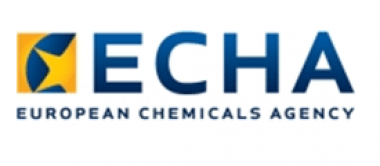Lenzing: Project CELLFIL for transformation of the textile value chain
The Lenzing Group is working with the non-profit organisation RTDS Group and 13 other partners from research and industry to promote the scaling of lyocell filaments as part of the CELLFIL project. Co-funded by the EU with EUR 6.9 million, the project aims to drive the reformation of the textile industry towards greater sustainability and a circular economy.
The Austrian organisation RTDS has launched the CELLFIL project with great vision. In close cooperation with Lenzing Group, which is at the technical helm of the project, CELLFIL aims to reform the textile industry. The centrepiece of the project is the sustainable and robust production of lyocell filaments. By optimising the entire fabric production process and its intermediate processing steps, the aim is to replace synthetic fibers with environmentally friendly lyocell filaments in recyclable end applications. This approach aims to develop and utilise alternative raw material sources for textiles. The realisation of these goals is crucial for scaling up lyocell filament production and promoting a circular economy that represents an environmentally friendly alternative to the currently dominant fossil-based synthetic filaments.
CELLFIL is part of the EU research and innovation program Horizon Europe and is supported by 15 partners from eight different countries. EUR 6.9 million from the European Union's Horizon Europe program has been made available for the implementation of this initiative. The European Commission has presented a visionary roadmap for the future of textiles, aiming for a circular economy in which all textiles on the EU market are durable, repairable and recyclable. This underlines Europe's commitment to sustainable innovation and a greener future in the textile sector.
Lenzing AG









